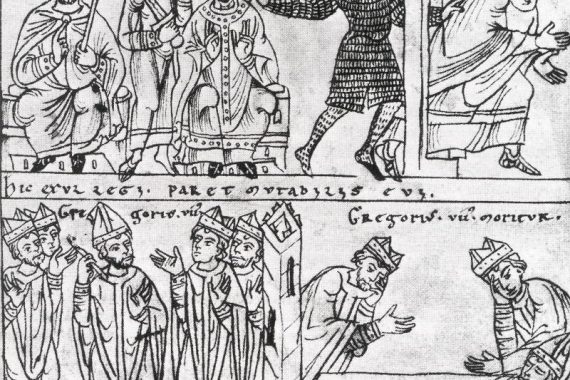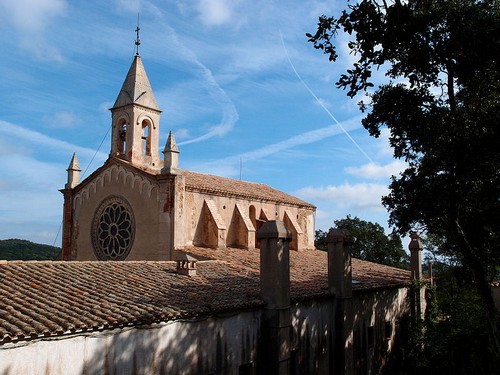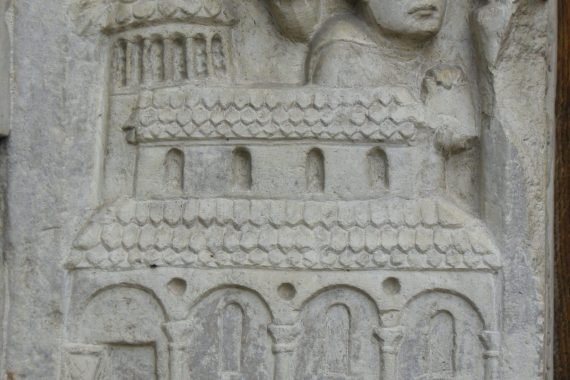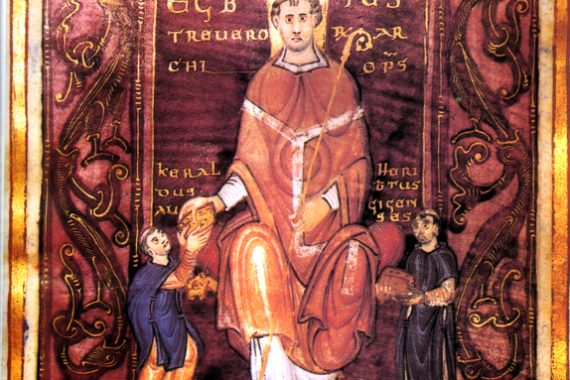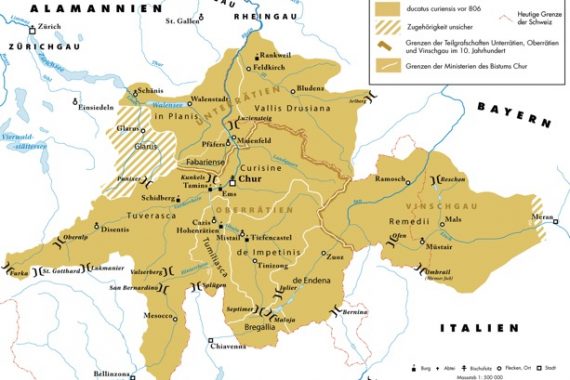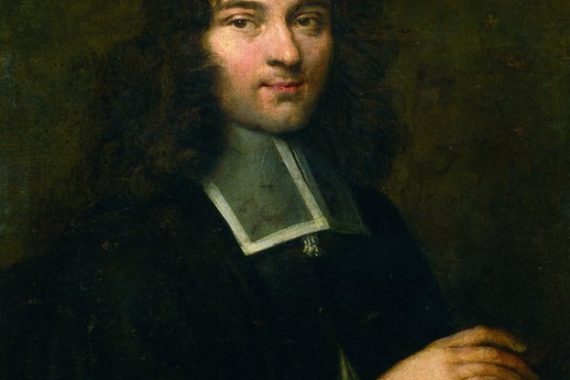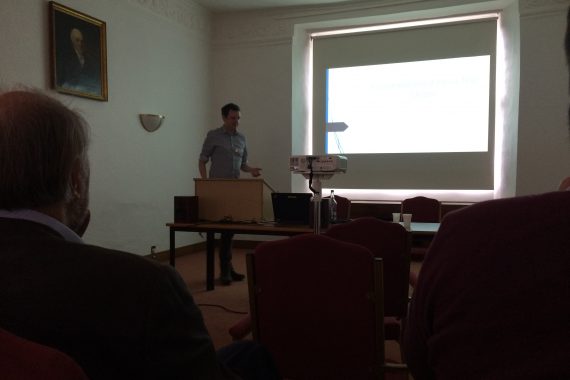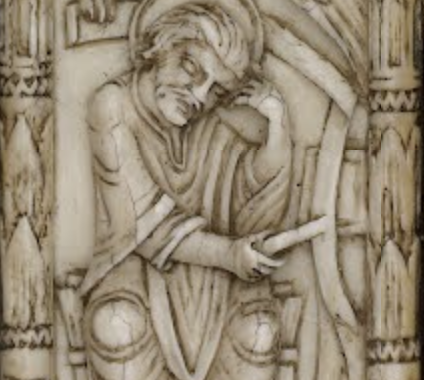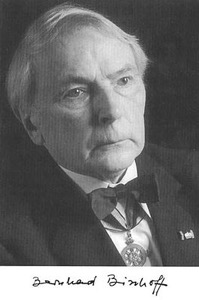Decretum Hadriani: A Translation
This blog post is a translation of a text from the 1080s. It’s a little late for the After Empire project, but an important witness to the changes which mark the end of its remit, and to the transformation of the Carolingian and classical Roman pasts in central-medieval memory. It’s a follow-up to my previous…

